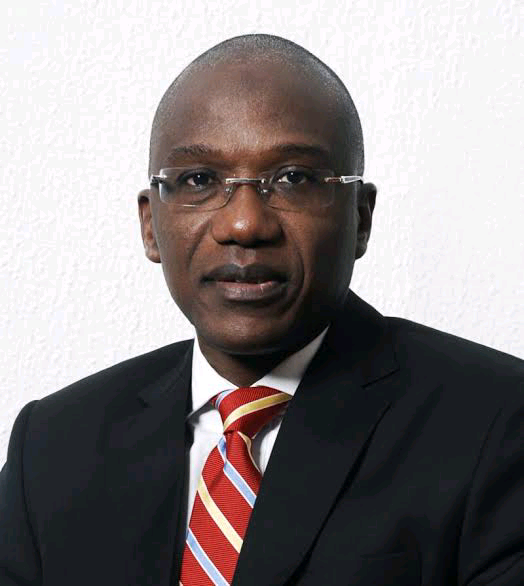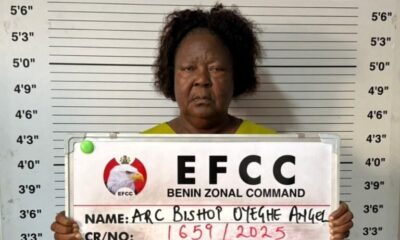BIG STORY
N1.8bn Debt: AMCON Takes Over Aeroland Travels’ Assets

- /home/porsch10/public_html/wp-content/plugins/mvp-social-buttons/mvp-social-buttons.php on line 27
https://porscheclassy.com/wp-content/uploads/2022/05/6b2a8335c9172f3911fe2d91ad4f31ea.jpg&description=N1.8bn Debt: AMCON Takes Over Aeroland Travels’ Assets', 'pinterestShare', 'width=750,height=350'); return false;" title="Pin This Post">
- Share
- Tweet /home/porsch10/public_html/wp-content/plugins/mvp-social-buttons/mvp-social-buttons.php on line 69
https://porscheclassy.com/wp-content/uploads/2022/05/6b2a8335c9172f3911fe2d91ad4f31ea.jpg&description=N1.8bn Debt: AMCON Takes Over Aeroland Travels’ Assets', 'pinterestShare', 'width=750,height=350'); return false;" title="Pin This Post">
BIG STORY
DSS Files Fresh Terrorism Charges Against Ekpa-Linked IPOB Commanders, Secures Conviction Of ISWAP Leader
BIG STORY
UPDATE: Judge Labels Nnamdi Kanu ‘International Terrorist’
BIG STORY
NIHOTOUR Unveils “Tastes Of Culture 2025″: A Week Of Food, Fashion, Culture And Community Impact In Abuja
-

 BIG STORY3 days ago
BIG STORY3 days agoHow Yahoo Boy Tied, Dragged And Buried His Mother Alive For Ritual — EFCC
-

 BIG STORY4 days ago
BIG STORY4 days agoSanwo-Olu’s Son Babatunde Marries Hearthrob In Exclusive Lagos Wedding
-

 BIG STORY16 hours ago
BIG STORY16 hours agoEFCC Arrests Archbishop Of Faith Healing Ministry After Church Members Sprayed Naira Notes On Cow During Service In Warri
-

 BIG STORY4 days ago
BIG STORY4 days agoAlleged Christian Genocide: US Congress Begins Full-Scale Probe Into Nigeria’s Killings
-

 BIG STORY3 days ago
BIG STORY3 days ago‘You Belong In A Zoo’, Fayose Slams Obasanjo In Thank-You Message
-

 BIG STORY3 days ago
BIG STORY3 days agoTension As Lagos Street Urchins Stab Air Force Officer After Disrupting Street Football Game In Shasha
-

 BIG STORY12 hours ago
BIG STORY12 hours agoBREAKING: Court Convicts Nnamdi Kanu On Seven Terrorism Charges
-

 BIG STORY2 days ago
BIG STORY2 days agoJUST IN: Turaki, Makinde, Mohammed Tear Gassed As Wike Arrives PDP Secretariat [PHOTOS]




















